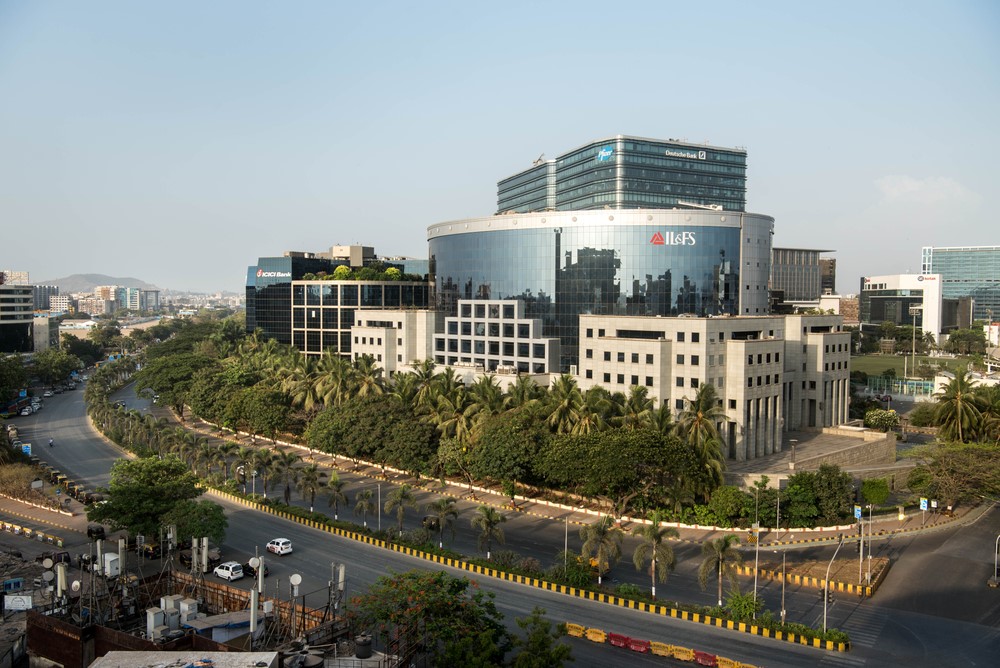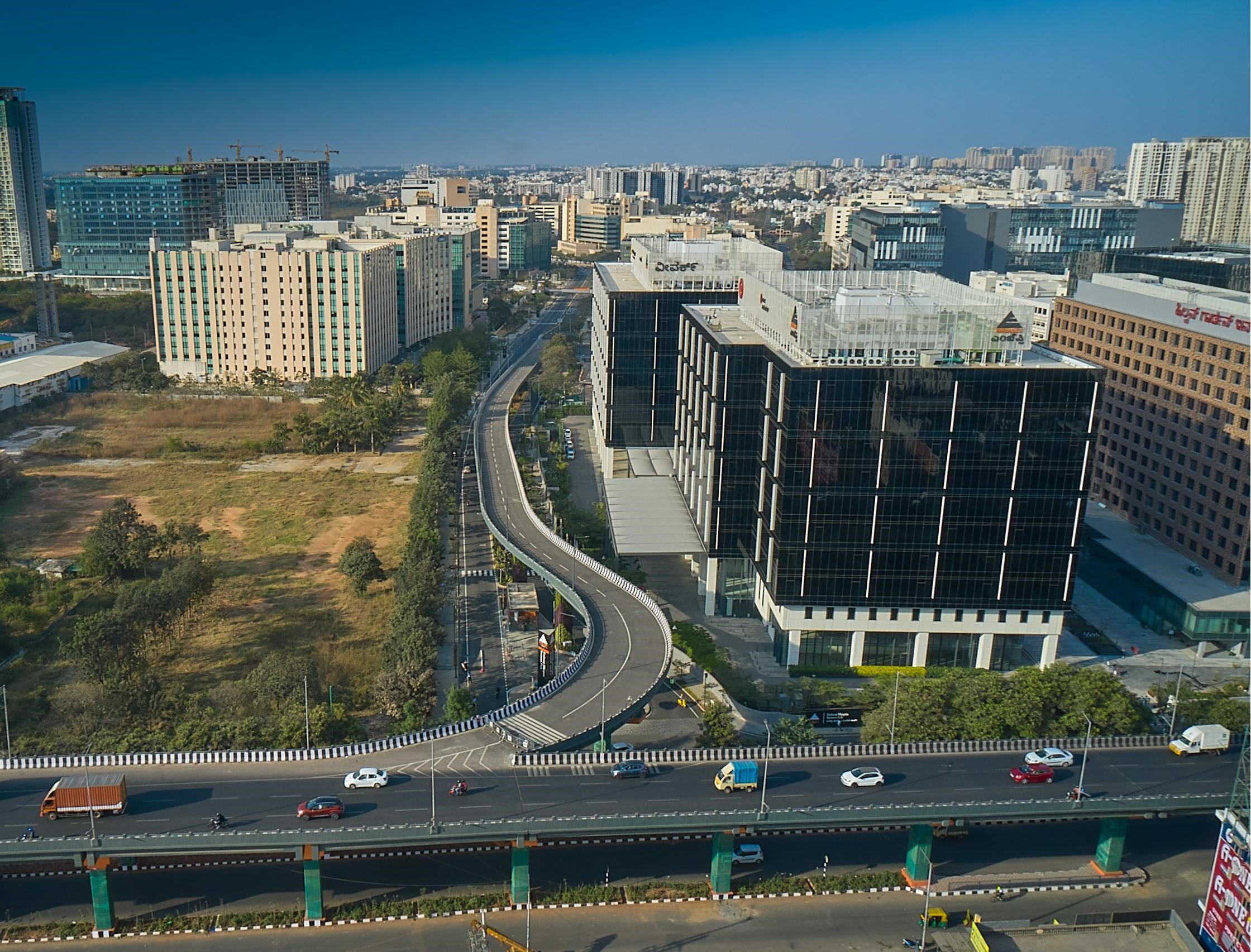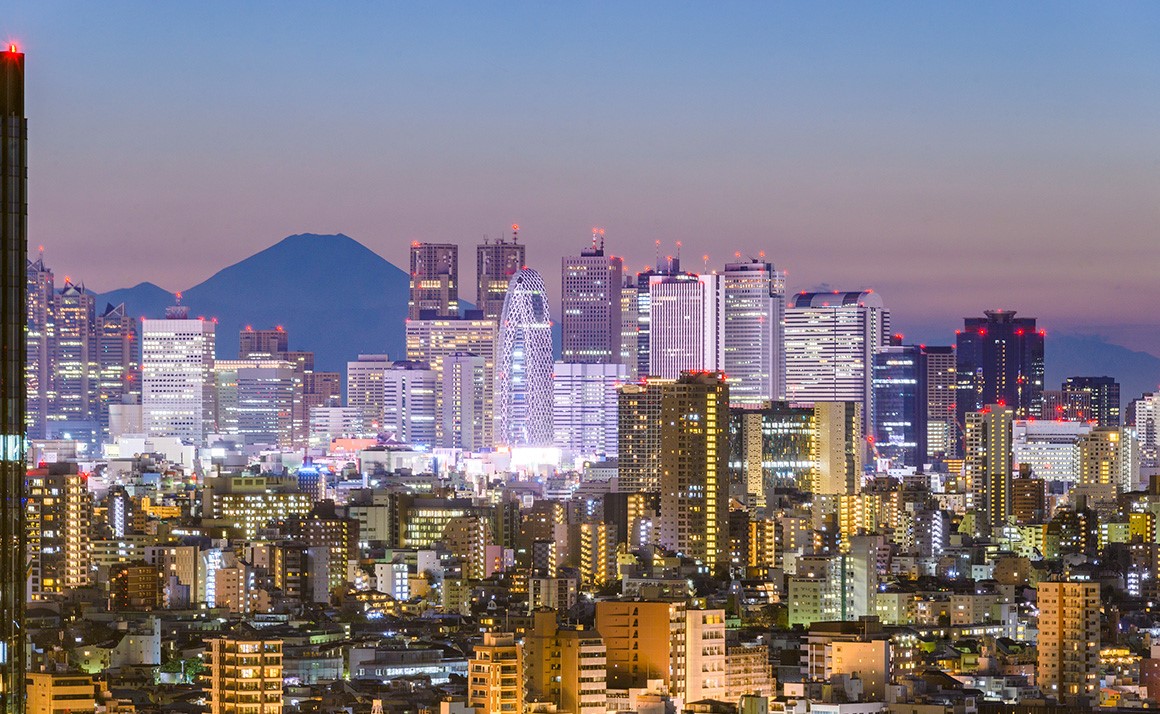
India’s business parks evolve to stay on top
Explore India's business parks focusing on sustainability and efficient design, hosting global blue-chip tenants in dynamic cities like Mumbai, Delhi NCR, Bengaluru, and Hyderabad.
India’s business parks sector is focusing on sustainability and efficient design as it continues to develop as the heart of the nation’s commercial real estate sector.
Sited in the biggest and most dynamic cities, India’s business parks are home to a host of blue chip tenants in modern office buildings, developed by both domestic and foreign players and often using international architects.

“These are buildings which would be very happily located in Manhattan or Singapore,” says Arvind Nandan, Head of Research & Consulting at Savills India. “They are Grade A properties with the same quality of design and finish, which is why they appeal to global corporations.”
India began creating modern business parks around the turn of the century, mostly on previously-unused lands, enabling a new breed of office development, modelled on the campuses popular with US tech firms. The combination of developing market rents and international quality space has proven irresistible to both foreign and domestic tenants.
Key locations include Mumbai, Delhi NCR, Bengaluru, and Hyderabad. The earliest among these modern parks was Bandra Kurla Complex in Mumbai, home to the India headquarters of many multinational companies as well as a hub for banking and financial services firms. “This is the most expensive office real estate in South Asia,” says Nandan. The park is almost entirely devoted to offices, unlike later developments. Hotels and malls have come up relatively recently.
In Gurgaon, part of the Delhi National Capital Region, the DLF Cyber City business park is a tech hub close to India’s busiest airport. In 2013, the DLF Cyber-Hub opened, adding 400,000 sq ft of food and entertainment space, leading a trend towards more amenity space in business parks.
In Bengaluru, one of the leading business park is the Manyata Tech Park, which has 16.2m sq ft of office space over 121 acres, are home to many blue chip IT firms. Owner Embassy Business Parks REIT, India’s first real estate investment trust, describes it as “our flagship asset”.
Manyata has been a focus for sustainability improvements in the business parks sector and is a LEED Platinum rated campus. Sustainability initiatives include EV charging bays and waste water recycling.
Nandan says: “Sustainability and energy efficiency are now priorities for business parks developers and we see this in design; the older glass and steel style is now being revisited for facades more suited to India’s hot climate and the need for energy efficiency.”
Hyderabad is the other major business parks hub, also home to many tech firms. Earlier this year it hit the headlines as the home to a deal which reenforced the appeal of business parks to investors. Singaporean sovereign fund GIC teamed up with investment manager Xander Group to pay $244 million for Waverock, a 2.4m sq ft business park in Hyderabad. GIC was buying into the asset a second time, having bought a share from Tishman Speyer, the park’s US developer in 2015 and sold it in 2019.
The deal was considered a vote of confidence in the sector, however perhaps the most important investment activity in the business parks sector has been via public equity markets. Business park portfolios are at the heart of India’s REIT market and three out of four listed REITs are in the sector. Embassy Office Parks REIT, Mindspace Business Parks REIT and Brookfield REIT own more than 100m sq ft of business parks space between them.
“These REITs hold some of the best office space in the country and have opened it up to wider ownership,” says Nandan. “We expect business parks to continue to attract interest from both private and public equity investors.”
The ESG initiatives of REITs mean their business parks are continually improved with both environmental and social programmes. Nandan says: “We see continued innovation keeping business parks at the top of the charts for modern, sustainable office space.”
A major challenge for business parks (and cities in India) is congestion, which is being partially alleviated by new transport infrastructure and planning, whether that is new roads to the park or links to public transport. “Traffic is a major pain point for business park users, but better traffic planning is now on the agenda for developers,” says Nandan.
Further reading:
Savills India Research
Contact Us:
Arvind Nandan



